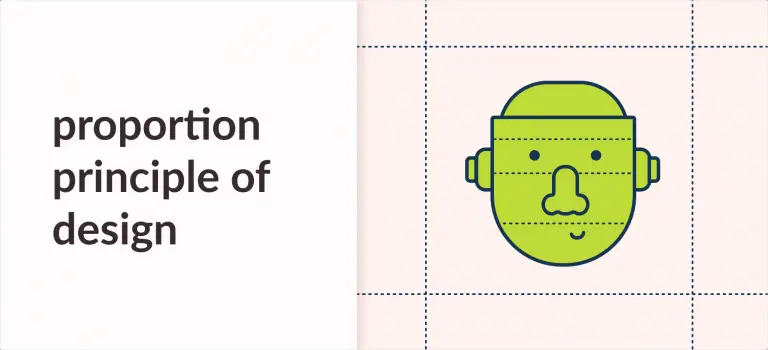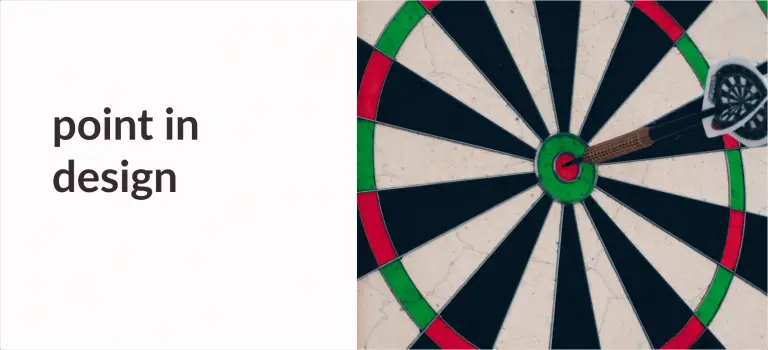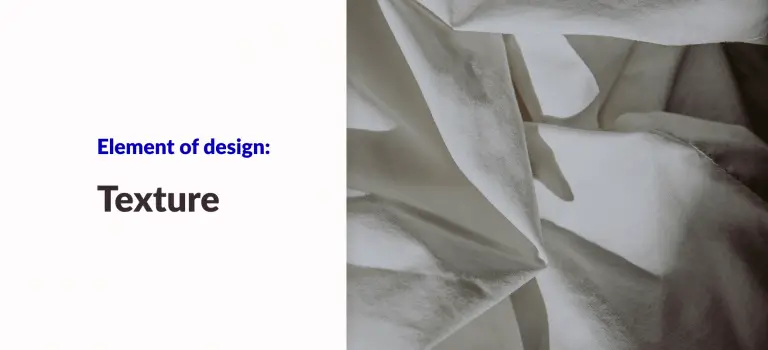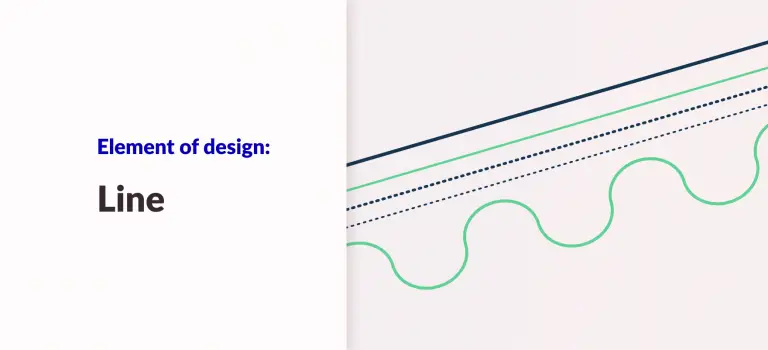White space in Design
White space is the empty space in a design. It is also known as negative space. Contrary to the name white space does not technically have to be a clear white area in the design, it can be anything from space between paragraphs to the WWF logo. In this article, we will take a deeper…

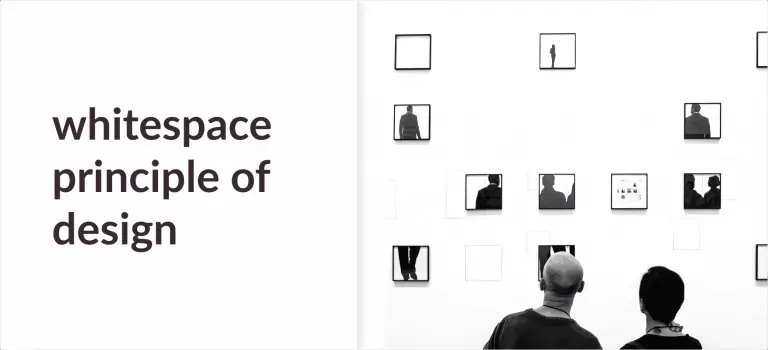
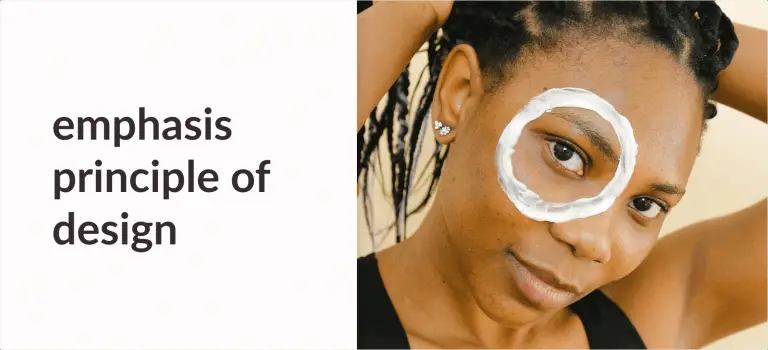
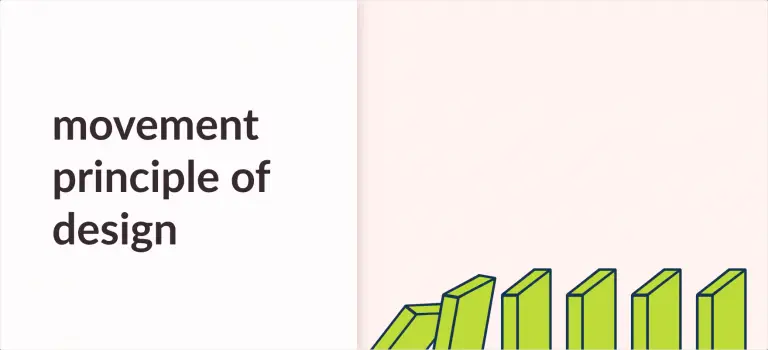
![Balance Principle of Design [Infographics Included]](https://ux360.design/wp-content/uploads/2022/01/balance-768x350.png)
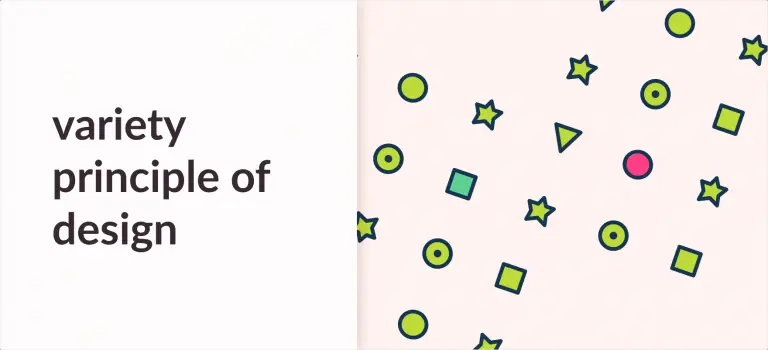
![Unity Principle of Design [Infographics Included]](https://ux360.design/wp-content/uploads/2021/12/banner_unity-principles-of-design-768x350.png)
